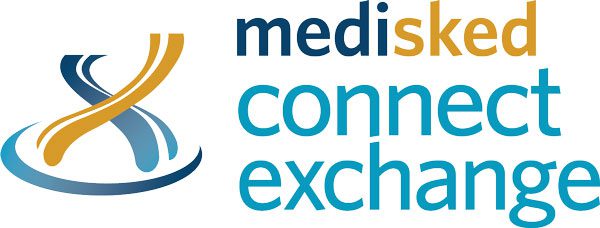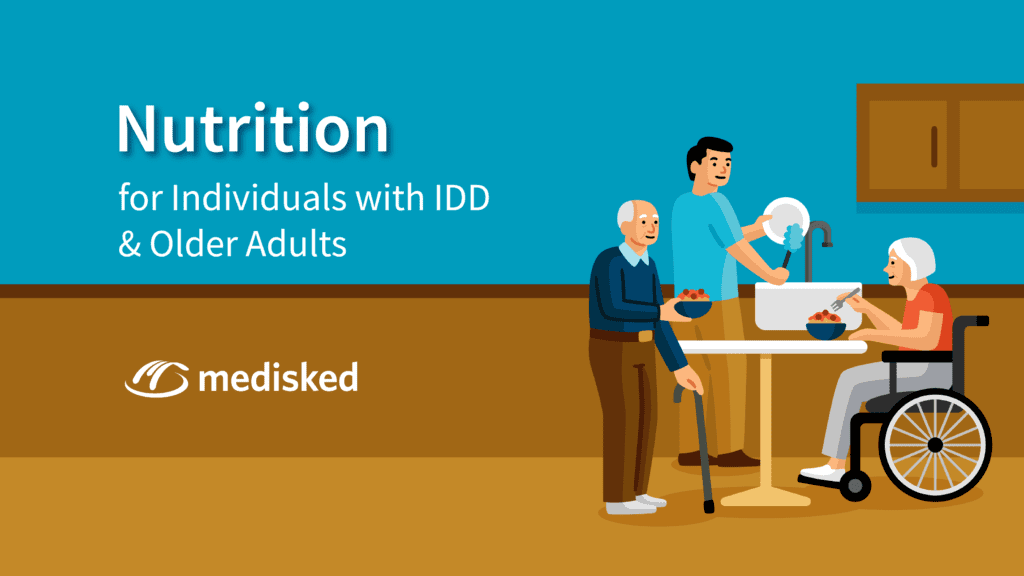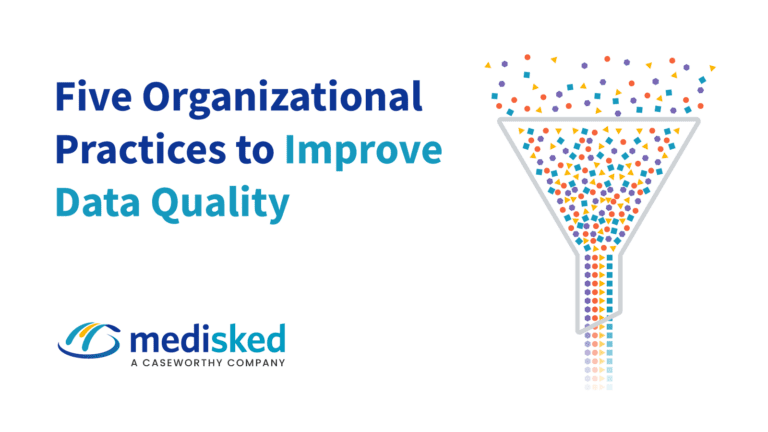Each March we celebrate National Nutrition Month. Good nutrition is the foundation for a healthy lifestyle and is deeply connected with overall health and wellness. It is well recorded that malnutrition is linked to a variety of chronic conditions including diabetes, obesity, hypertension, and cardiovascular disease, among others. The ramifications of poor nutrition often go far deeper than just physical health, with effects on mental and social wellbeing.
Poor nutrition and its sister issue, food insecurity, are particularly prevalent among vulnerable populations. Nutritional deficiencies and food insecurity are common and most severe for households where adults with disabilities reside.[1] Additionally, one in every two older adults is at risk of malnutrition. [2]
Nutrition as a Social Determinant of Health (SDOH)
Social determinants of health (SDOH) are the conditions where people live, learn, work, and play that affect their health, functioning, and quality of life. SDOH include a variety of factors from social supports to housing and addressing them is key for reducing health disparities and inequities. Poor nutrition is an avoidable harm that, when addressed, can change a person’s life. Access to nutritious food is an essential social determinant of health that directly impacts a person’s wellbeing.
Here are some changes that must be implemented by legislators at all levels of government as well as health and human services organizations to directly improve nutrition:
- Addressing food insecurity with access to a diverse array of healthful, nutritious foods.
- Assistance with shopping for groceries and preparing healthy meals.
- Include the provision of dietician services in Medicaid Home and Community Based Services (HCBS) waivers.[3]
- The Council on Quality and Leadership (CQL) found that less than 1% of waiver service recipients were projected to receive dietician services.
- For people receiving waiver services, the ability to choose and help with the preparation of their meals.
- Person-centered education for individuals and their circle of supports on nutrition and its effects.[4]
- Utilizing interdisciplinary expert teams of physicians, teachers, nutritionists, and therapists to accommodate and/or overcome nutritional challenges like swallowing issues, choking risks, sensory challenges, and pickiness.
Every person needs to eat every single day. We all know and understand the slog eating can be. You have to decide what you want, shop for the food, prepare and cook, and then clean everything up just in time to start again. Proper nutrition has no easy fix, however it’s importance on whole-person health cannot be understated. Access, education, and assistance are critical for ensuring that good nutrition is achievable for every person.
[2]https://www.icaa.cc/blog/2019-03/Advocating-for-older-adult-health-and-good-nutrition.htm
[3]https://www.c-q-l.org/resources/articles/diet-and-nutrition-for-people-with-idd/
[4]https://www.c-q-l.org/resources/articles/diet-and-nutrition-for-people-with-idd/








